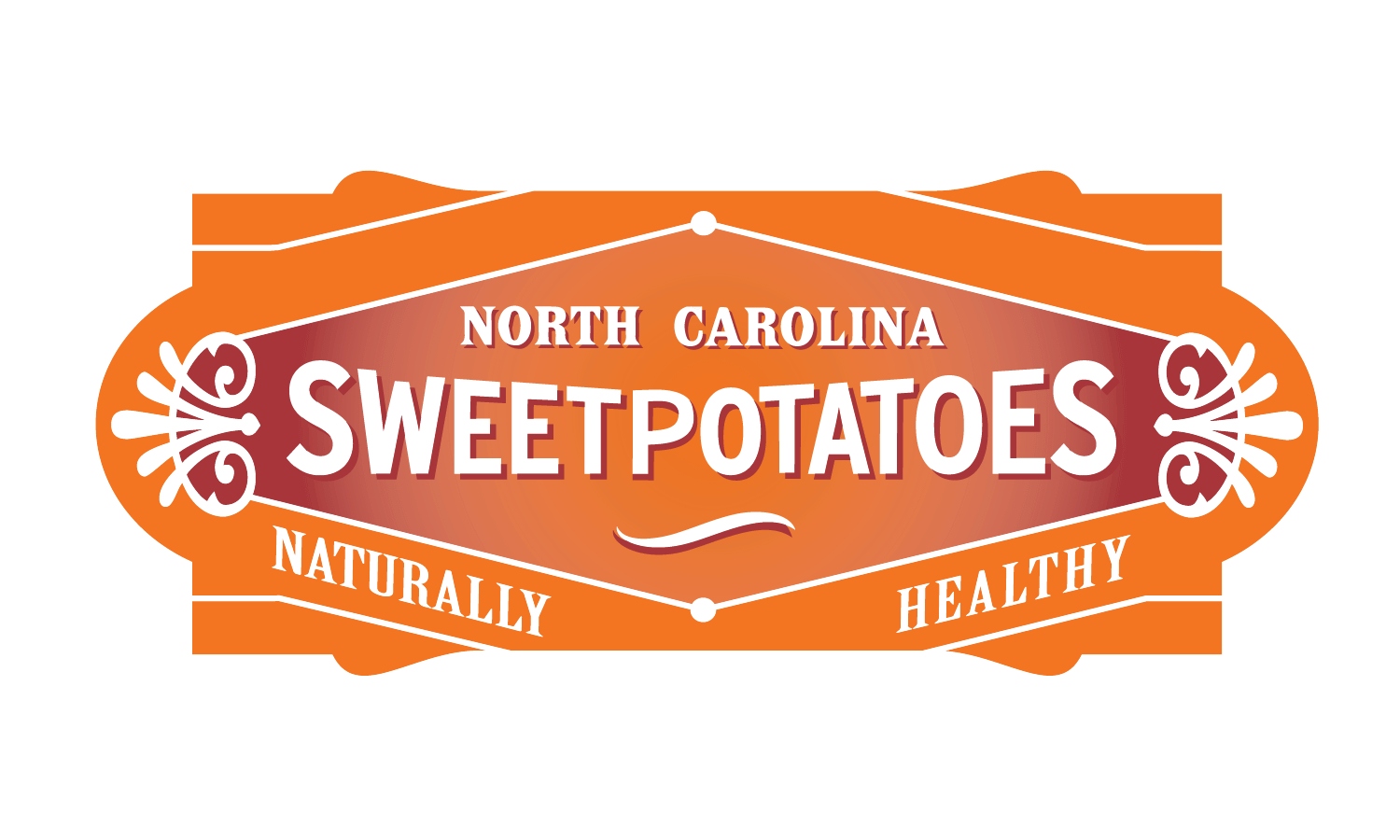Frequently Asked
Questions
Have you got a question about sweetpotatoes? Chances are, we have the answer below. If you don’t find what you’re looking for, don’t hesitate to get in touch.

Is a sweetpotato a carb?
A 100g serving of sweetpotatoes has around 20g of healthy, complex carbohydrates. These carbs take longer to digest than simple carbs, making them a better source of long-lasting energy.

How many calories are in one sweetpotato?
A typical small-sized baked sweetpotato (100g) has around 90 calories. This is slightly less than a similarly sized white potato that has been cooked in the same fashion, which will have about 93 calories.

How much sugar is in one sweetpotato?
While sweetpotatoes do have more sugar than white potatoes, they are still considered to be relatively low in the substance. They contain around 6.5g of sugar per 100g portion, which is roughly equivalent to 7% of an adult’s recommended daily allowance.

How much protein is in a sweetpotato?
A typical 100g serving of sweetpotatoes contains 2g of protein, which is around 4% of an adult’s recommended daily intake.

What nutrients are in sweetpotatoes?
Sweetpotatoes contain a number of healthy nutrients that support key bodily functions. They’re best known as a high source of vitamin A, with one serving, when baked, containing more than an entire day’s recommended intake of the vitamin, and they also provide vitamin C, vitamin B6, potassium, manganese and copper.

Do sweetpotatoes count as one of your 5 a day?
Unlike white potatoes, sweetpotatoes do count towards your 5-a-day as they contain less starch than other carbohydrates and are usually consumed in addition to the starchy element of a meal.

Why is sweetpotato spelt as one word?
Sweetpotatoes are scientifically distinct from white potatoes, so the National Sweetpotato Collaborators officially adopted the one-word spelling in 1989 to distinguish the vegetables. Read our petition to correct the spelling here.

Can sweetpotatoes be purchased all year round?
Sweetpotatoes are harvested in the fall but can be purchased year-round thanks to an innovative curing process created by the North Carolina Sweetpotato Commission and the North Carolina State University that helps extend their life for more than a full year.
